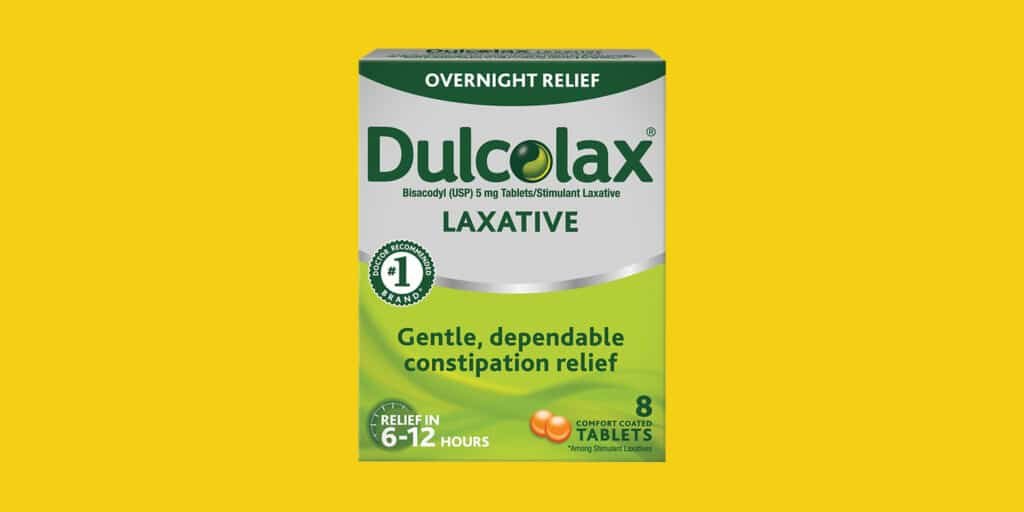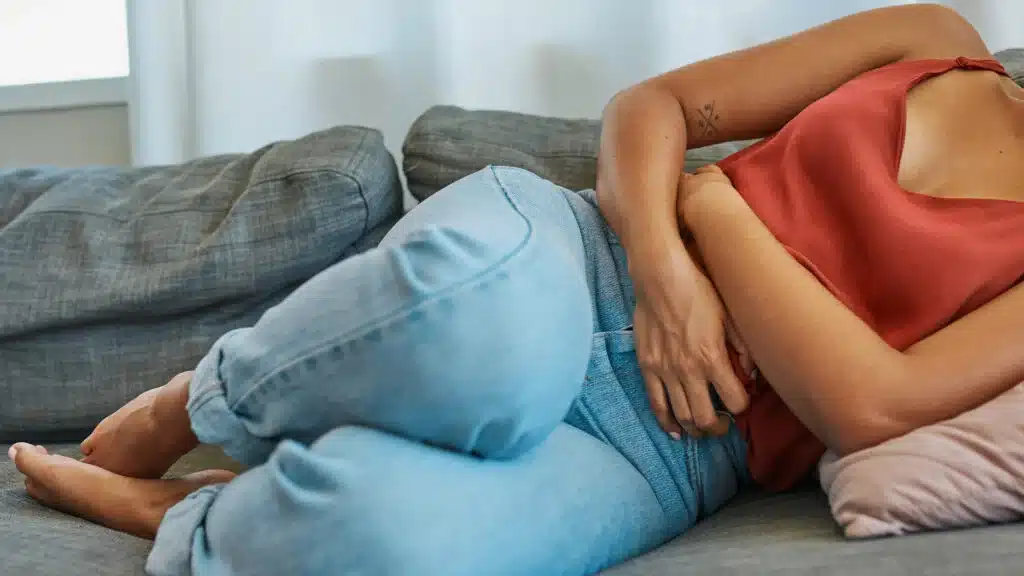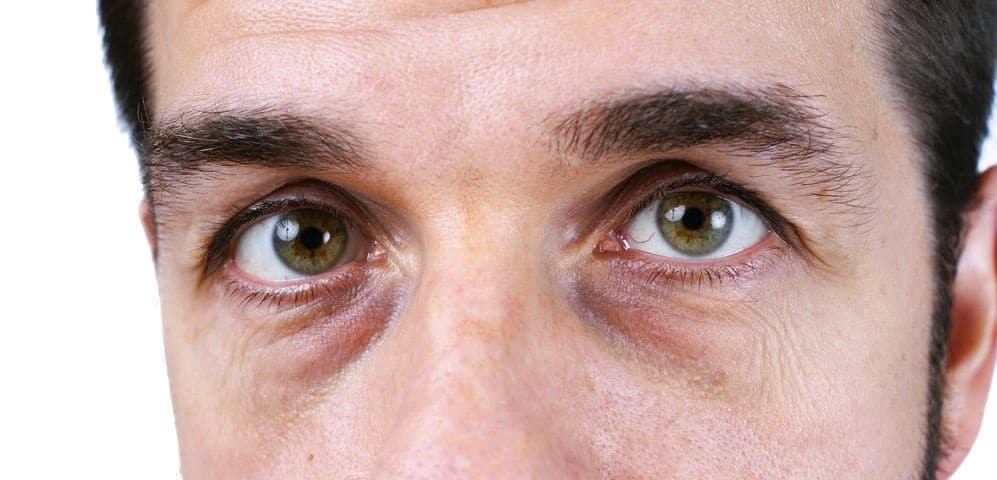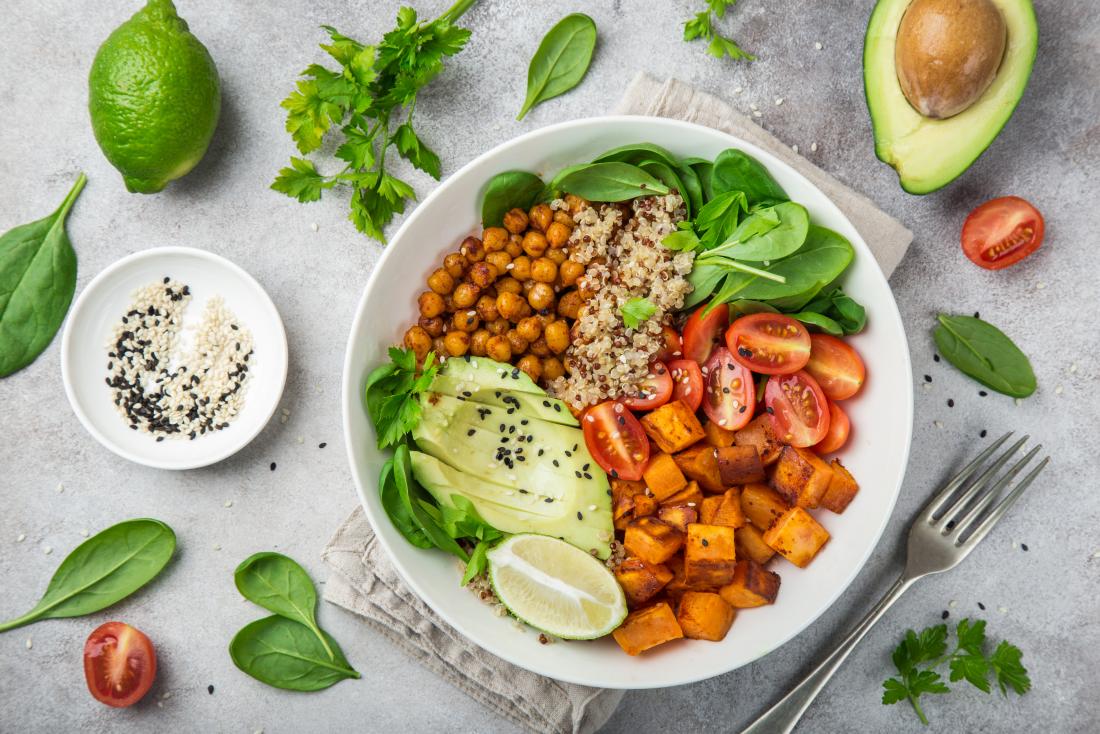Are you experiencing stomach pain after taking a laxative? Don’t worry, you’re not alone. Many people often wonder if it’s normal to have discomfort in their abdomen after using a laxative. In this blog post, we’ll explore the reasons behind this common concern and provide some effective remedies to stop stomach pain fast. Whether you’ve recently used a laxative or are considering it as an option, read on to discover how to alleviate any potential discomfort and keep your digestive system happy and healthy!
Is it normal for your stomach to hurt after taking a laxative?
Stomach pain after taking a laxative is a common concern for many individuals. While it may be uncomfortable, it’s important to understand that experiencing some level of discomfort is relatively normal in certain cases.
Laxatives work by stimulating bowel movements and increasing the frequency of stool passing through the digestive system. This increased activity can cause cramping and abdominal pain as your intestines contract more forcefully than usual.
However, it’s worth noting that not everyone will experience stomach pain after using a laxative. Each person reacts differently to these medications, so the severity and duration of any discomfort can vary greatly.
It’s also crucial to consider factors such as dosage and type of laxative used. Some formulations may be more gentle on the stomach, while others can have stronger effects that increase the likelihood of abdominal pain.
If you’re concerned about the intensity or duration of your stomach pain after taking a laxative, it’s always best to consult with your healthcare provider for personalized advice and guidance. They can assess your specific situation and recommend alternative treatments or adjustments in dosage if necessary.
Remember, everyone’s body responds differently to medication, so what works for one person may not work for another. It’s essential to listen to your body and seek professional medical advice when needed.
What can stop stomach pain fast?
If you’re experiencing stomach pain after taking a laxative, finding fast relief is likely at the top of your priority list. The good news is that there are several remedies you can try to alleviate the discomfort without further irritating your stomach.
One effective solution is to drink plenty of water. Staying hydrated helps flush out toxins and aids in digestion, which can soothe an upset stomach. Sip on water throughout the day to stay hydrated and promote regular bowel movements.
Another option is to incorporate fiber-rich foods into your diet. Foods like fruits, vegetables, whole grains, and legumes can help regulate your digestive system and ease any abdominal discomfort caused by laxatives.
Ginger has long been used as a natural remedy for various digestive issues, including stomach pain. You can enjoy ginger tea or chew on a small piece of fresh ginger to relieve symptoms quickly.
Additionally, peppermint oil has been shown to relax the muscles in the gastrointestinal tract, reducing spasms and relieving discomfort. You can find peppermint oil capsules at most health food stores or try sipping on some peppermint tea.
Remember that everyone’s body reacts differently to laxatives, so what works for one person may not work for another. It’s always best to consult with a healthcare professional if you have persistent or severe stomach pain after taking a laxative.
Can laxatives harm your stomach?

Can laxatives harm your stomach? This is a question that many people who use laxatives may wonder about. While laxatives can be effective in relieving constipation, it’s important to use them properly and be aware of potential side effects.
Laxatives work by stimulating the intestines to promote bowel movements. However, prolonged or excessive use of laxatives can have negative effects on the digestive system, including the stomach. One common side effect is stomach pain or cramping. This occurs because some types of laxatives can irritate the lining of the stomach, leading to discomfort.
In addition to stomach pain, other potential adverse effects include dehydration and electrolyte imbalances. Laxative overuse can cause excessive fluid loss from the body, leading to dehydration. Electrolytes like potassium and sodium can also be depleted with frequent bowel movements caused by laxative use.
Also Read: How to Prevent Dry Mouth While Sleeping?
To minimize the risk of harming your stomach when using laxatives, it’s essential to follow recommended dosages and avoid long-term reliance on these medications. It’s always best to consult with a healthcare professional before starting any new medication or treatment plan.
Remember, while laxatives can provide short-term relief for constipation, they should not be used as a long-term solution without medical guidance. Taking care of your digestive health through healthy lifestyle habits such as eating a balanced diet high in fiber and staying hydrated will help prevent constipation naturally without relying solely on medications like laxatives.
What helps a stomach ache after pooping?
What helps a stomach ache after pooping? Dealing with a stomach ache can be quite uncomfortable, especially after having a bowel movement. Fortunately, there are several remedies that can provide relief and soothe your discomfort.
One option is to drink chamomile tea. Chamomile has anti-inflammatory properties that can help reduce abdominal pain and cramping. Sipping on warm chamomile tea can also promote relaxation and ease digestion.
Another effective remedy is to apply a heating pad or hot water bottle to your abdomen. The warmth can help relax the muscles in your stomach, providing relief from any cramps or spasms you may be experiencing.
In addition, consuming foods that are easy to digest such as bananas, rice, applesauce, and toast (BRAT diet) may alleviate stomach discomfort. These foods are gentle on the digestive system and can help regulate bowel movements.
It’s also important to stay hydrated by drinking plenty of water throughout the day. Proper hydration supports healthy digestion and prevents constipation which could contribute to further discomfort.
Practicing stress-reducing techniques like deep breathing exercises or meditation may help calm an upset stomach caused by anxiety or tension.
Remember that everyone’s body is different, so it’s essential to listen to your own needs and experiment with what works best for you when it comes to relieving post-poop stomachaches.
Tips to Stop Stomach Pain After Laxatives
Tips to Stop Stomach Cramps After Laxatives
1. Stay hydrated: Drinking plenty of water can help prevent dehydration and relieve stomach pain caused by laxatives. Aim for at least eight glasses of water per day.
2. Eat a balanced diet: Including fiber-rich foods in your meals can promote regular bowel movements and reduce the need for laxatives. Add fruits, vegetables, whole grains, and legumes to your diet.
3. Exercise regularly: Engaging in physical activity can stimulate digestion and help alleviate stomach cramps after taking laxatives. Consider incorporating activities like walking, jogging, or yoga into your routine.
4. Practice relaxation techniques: Stress can worsen digestive issues and contribute to abdominal discomfort. Try deep breathing exercises, meditation, or mindfulness techniques to relax your body and mind.
5. Use natural remedies: Certain herbs such as ginger or peppermint have been known to soothe stomachaches naturally. You may also find relief from warm compresses applied to the abdomen.
6. Avoid trigger foods: Identify any specific foods that seem to aggravate your stomach pain after using laxatives and avoid them in the future.
7. Consult a healthcare professional: If you experience persistent or severe stomach pain after taking laxatives, it is important to seek medical advice promptly.
Remember that everyone’s body reacts differently to medications and substances like laxatives; what works for one person may not work for another individual experiencing similar symptoms.




